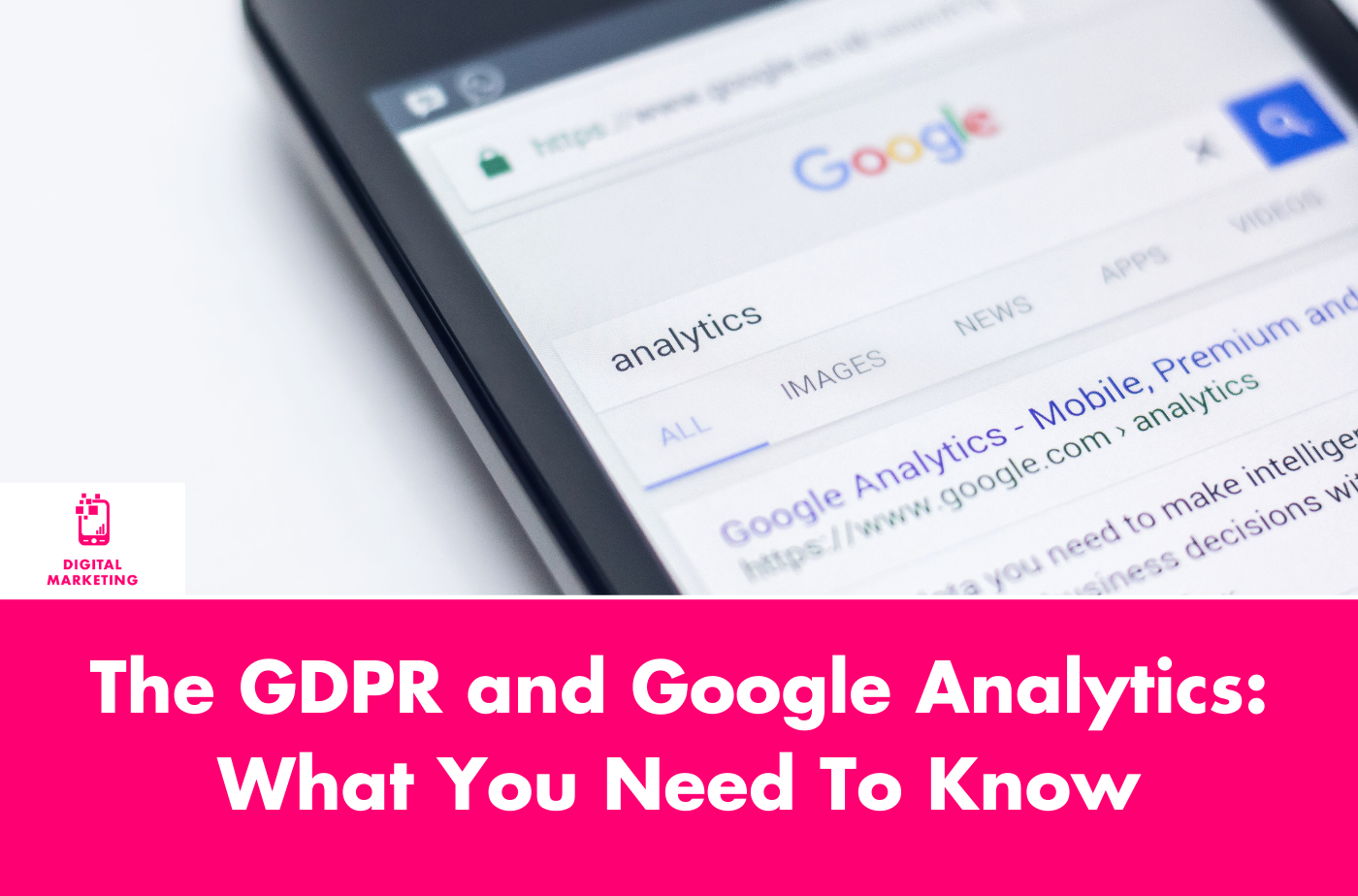What Is The GDPR?
The GDPR is a European privacy regulation to give people control over the collection and use of their personal data, like phone number, address, email, and phone GPS location. Corporations that fail to comply with GDPR risk a fine of 4% or 20 million Euro (whichever is higher). GDPR seeks to allow people more control over their personal data by enforcing regulations that give internet users the following rights:- The right to be forgotten and have your data deleted on your request
- The right to see or change (rectify) your data
- The right to be notified when a company leaks your data
- The right to object to certain processing of your data
- The right to request your data as something that can be read on a machine/computer, like a .csv file, .xml file, or .json file
Does The GDPR Apply To You?
On May 25, 2018, the new data protection law known as GDPR officially went into effect. For many companies, especially those in the United States and other countries outside of Europe, GDPR is still confusing territory, but here’s what you need to know:- If you’re offering of goods or services to users in the EU, irrespective of whether a payment is required, it applies to you
- If you’re monitoring user behavior that takes place in the EU, it applies to you
Usage Of Google Analytics Under GDPR
Under the GDPR, if your website uses Google Analytics, then Google is your data processor. With Google as your Data Processor, they have obligations to conform to the EU GDPR by making sure that Google Analytics account owners avoid sending any Personally Identifiable Information (PII). This includes URL Path and parameter URLs that contain PII, personal information entered by website users on lead forms, uploaded/imported data from external sources, and fine-grained location information like zip codes. We recommend reading the GDPR and ensure that your use of Google Analytics (and any platform for that matter) comply.Next Steps
- Ensure you’ve read Google’s Privacy & Compliance terms.
- Ensure you’re aware of all Google services that process data, and that you’ve complied with their data processing terms.
- If you use Google Analytics, please review the data retention controls that allow you to manage how long your user and event data is held on Google’s servers. As of May 25, 2018, Google will process data deletions based on these settings.
- Although IP address is never shown in Google Analytics reports, Google does use it to provide geo-location data. It is recommended to turn on the IP Anonymization feature in GA, which requires a small code change to enable.

BOSTON, MA




